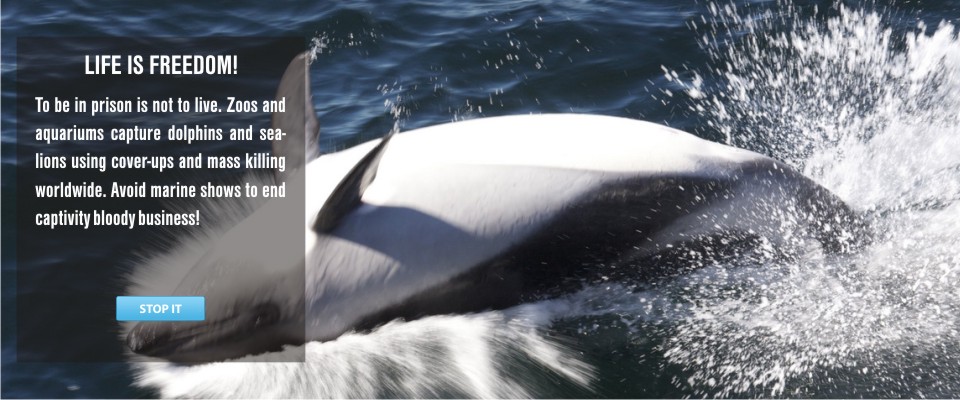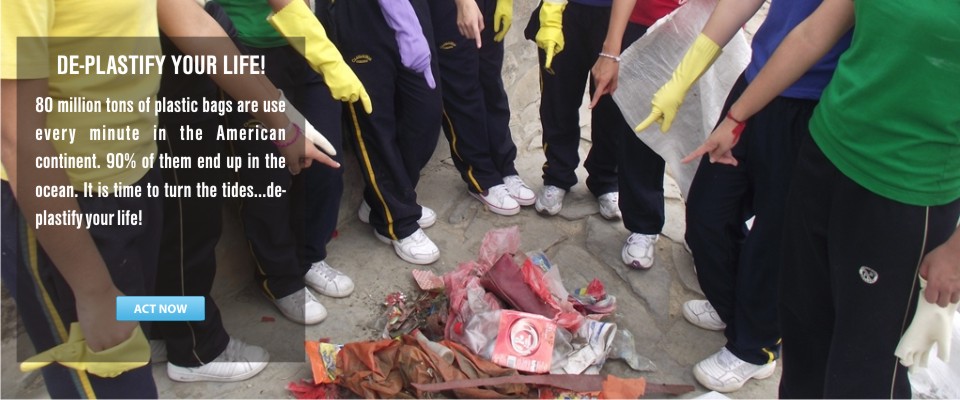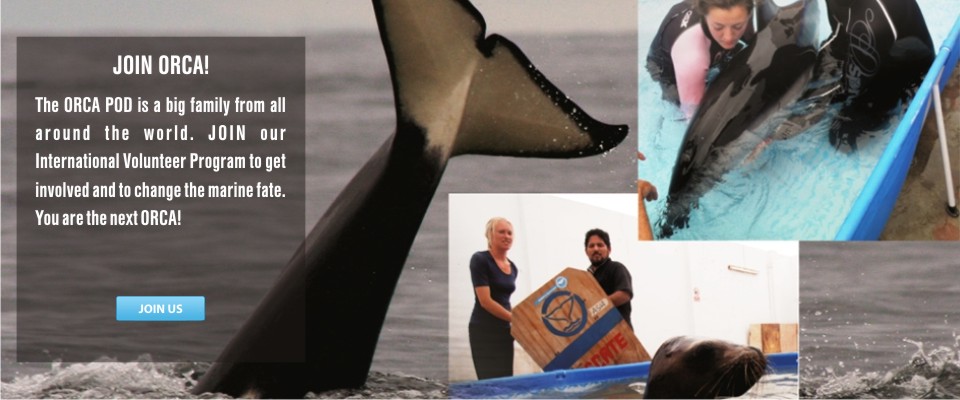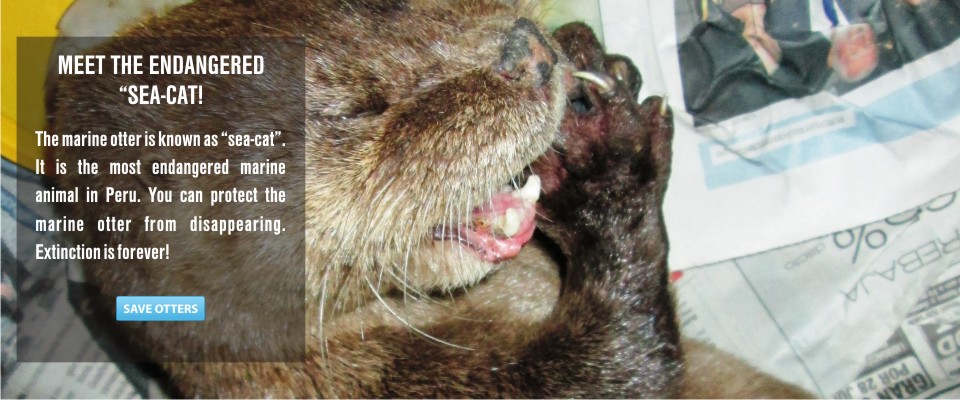 |
Pinnipeds include the Otariidae (the eared seals: sea lions and fur seals) and Phocidae groups (true seals). In Peru there are resident South American sea lion (Otaria
byronia) colonies throughout the
coastline, which is why they are ORCA’s
most common species to be rescued.
• The
South American sea-lion is found on the Chilean, Ecuadorian, Peruvian, Uruguayan, Argentine and Southern Brazilian coasts. In Spanish it is referred to as “lobo marino” which directly translates to “sea wolf”. Males can grow to be over 9ft and weigh up to 770lb, weighing twice as much as females and also display huge “manes” of fur..
• Because South American sea lions come into contact with humans more than other marine mammals their wellbeing is a main concern for ORCA. In Peru, human impact is responsible for over 80% of marine mammal strandings. The South Pacific Marine Mammal Center, where we rehabilitate all our rescues was started on May 24th 2003 with “Oscar”, the first South American sea lion to be rescued, rehabilitated and released in Peru. Since then, ORCA has successfully treated over a hundred cases of gastritis, pneumonia, fractures, septicaemia and kidney failure among many other disorders. ORCA’s veterinary research has led to the discovery of cancer in South American sea lions and the presence of distemper virus in sea-lion rookeries
• The number of sea lions stranding and needing help has increased exponentially in the last year, with fish stocks being reduced due to changing water temperatures and overfishing. Fishermen view the sea lions as threats and competition for the fish, therefore organised crime and attacks have been undertaken on the species. The sea lions rescued have come in with direct hits from fisherman hooks, beatings or poisoning. These fishermen are putting rat poison into fish and throwing them back into the water for all marine mammals to consume. Necropsies are carried out on deceased sea lions in order to observe the full problem and learn from this, hopefully developing a fully successful treatment for the future. ORCA also educates the public and locals about marine mammals to try to prevent these incidents from occurring. Many Peruvians are generally unaware of these horrible occurrences and are shocked when they discover what caused the injuries – by spreading the knowledge of what is occurring on and off the coast, more people will be willing to make a difference.
• Galapagos Fur Seals (Arctocephalus galapagoensis) were endemic to the Galapagos islands, however ORCA first discovered small colonies of the species in northern Peru in 2010 and in August 2015 “Poseidon” a 6 year old male Galapagos fur seal was rescued in Lima, the most southern sighting of this species ever recorded.
CONTACT US
|
























